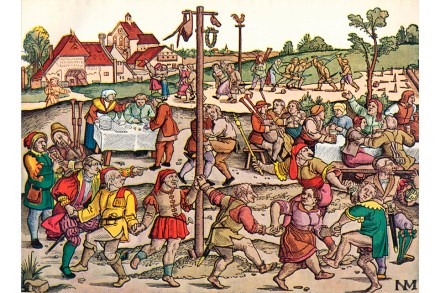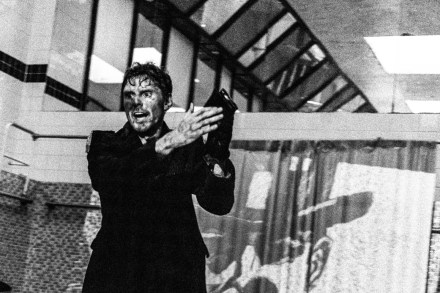All work and no play is dulling our senses
Free Time is an academic journey through two-and-half millennia of leisure options. The central question put by the historian Gary Cross, is: why do we not have more free time, and when we do, why do we waste it, like Sir Andrew Aguecheek in Twelfth Night, on ‘fencing, dancing and bear-baiting’ or their modern equivalents? We start with ancient Greek philosophers, including Socrates and Aristotle, who reckoned that life was all about free time. We should work to fulfil our basic needs and then use our leisure for scholé (self-improvement): for culture and reflection. The vita contemplativa was superior to the vita activa (though Socrates was also fond of a


